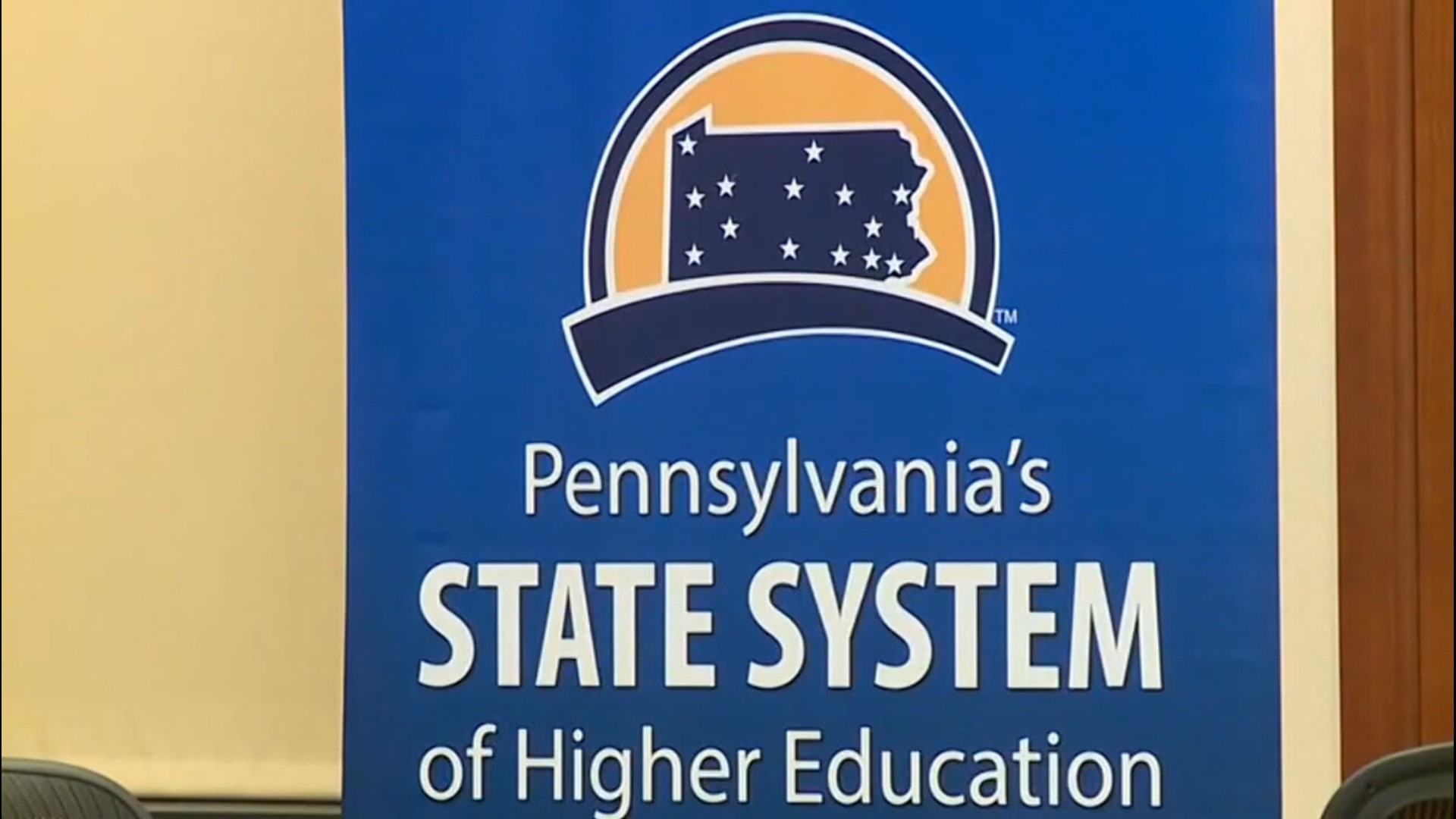HARRISBURG, Pa. — Leaders of the four state-related universities—Lincoln University, Penn State University, University of Pittsburgh and Temple University—testified in front of lawmakers last week in support of their request for more funding in the upcoming state budget.
Pennsylvania’s State System of Higher Education (PASSHE) requested a $700 million allocation in the budget, which includes a 3.8% increase in base allocation and an additional $112 million for aid to students studying healthcare, business, STEM and education.
Gov. Josh Shapiro’s budget proposal called for a 2% funding increase for PASSHE.
The testimony and budget request comes as universities across the country are bracing for a “demographic cliff” that is expected to significantly lower enrollment.
The demographic cliff originates from the Great Recession of 2008 when economic uncertainty caused fewer people to have children. Fast forward to 2026, when those children could begin college, and there are more spaces available than students to fill them.
By 2029 Pennsylvania is expected to have 12% fewer college students than it did in 2013, according to the College and University Professional Association for Human Resources.
“Pennsylvania is going to be facing the demographic cliff. It really hits the universities in 2026,” University of Pittsburgh Chancellor Patrick Gallagher said at the March 30 Senate Appropriations Committee hearing on 2023-24 budget requests for state-related universities and the State System of Higher Education.
Higher education leaders are developing strategies to keep enrollment numbers steady. One is recruiting more traditionally underrepresented students from low-income, minority and rural communities.
“That in and of itself is still not enough to fill that gap, so you have to reach into other new and adjacent markets,” said PASSHE Chancellor Daniel Greenstein. “There you are looking at adults, of which there are a lot, including about a million adults that have some college but no degree.”
The types of degrees offered could change, as well. In addition to four-year bachelor's degrees, state colleges could offer shorter, skill-specific certifications known as “micro-credentials.”
“Our job is to do what the state needs us to do, and what it needs us to do is to produce workers for the jobs of tomorrow,” Greenstein said.
The state will need 17,6,00 more nurses and 10,000 more teachers by 2030, according to PASSHE.
The greater need contrasts with the current student pipeline. New teaching certifications fell 65% since 2010, while new nursing certifications have risen, but not as fast as demand.
Leaders at Penn State, Pitt and Temple said to strengthen the student pipeline, more funding would be needed than the 7.1% funding increase proposed by Gov. Josh Shapiro for those schools. Without that funding, they said, the state-related universities would be forced to raise tuition.

